How to find inspiration in music production
5 Keys things to find and stimulate inspiration + 1 Free tool
For various reasons it’s common to feel stuck creatively speaking in the art domains.
Music production doesn’t make the exception. Like me, you probably felt stuck when trying to start new projects, ended up spending hours on a few things just to realize it wasn’t worth much and so on.
Here are 5 things to keep in mind that can help to find inspiration in music production:
1. Restrict the possibilities
Sometimes working with less allows you to do more!
Having thousands of samples, hundreds of synths presets or an army of controls can often be overwhelming and end up limiting you (in terms of creativity) rather than anything else.
Restricting the possibilities by making lighter selections of a few resources, maybe creating your own processing/shaping chains and saving them someplace near; working with fewer tracks while trying to achieve more, etc… can help you to shift your focus on different things and work differently & more efficiently.
We have developed such products for Ableton Live users if you may be interested.
2. Break your habits
When you get used to doing the same things, in the same way, over and over again; it tends to limit your creativity as well.
You need to reach out of your comfort zone, try new things, be curious and have fun.
You’ll often end up with something fresh and interesting!
3. Avoid the common bias
It’s very easy to get caught up in various rabbit holes in music production.
First, there is the fact that each time you’ll spend too much time over a single element or the settings of a specific effect, you’ll get biased over time, without mentioning the visual bias of the settings values, meters, spectrums, etc.
If you have the option, I would advise that you map the different settings to a physical controller so that you are able to close your eyes and just listen & tweak accordingly to what sounds best (in context) – rather than focusing on visual cues and values -.
You can try setting yourself time limits for the different steps of a project. This will automatically lead you to think differently and make, what you think are, the most valuable and efficient decisions for your project. Of course, that does not mean compromising the end results, but in the very first steps of production, this method can prove very helpful.
With that in mind, learn to listen to yourself and feel when you are falling in those bias, at this moment that’s a sign to…
4. Go Outside!
If you spend hours in front of your setup with barely any sunlight and fresh air, you’ll experience ears and brain fatigue faster and slowly lose productivity (at least that’s the case for most humans).
Going out, walking, breathing some fresh air, taking-in the sunlight on your skin allows you to oxygen your body, trigger some movements and take a step-back from your project.
Those are all very valuable things which will contribute to being more creative as well as objective.
5. Take Advantage of Randomization
Finally, most DAWs and quite a lot of plugins now offer randomization options at various stages, it’s often worth trying when you feel stuck creatively speaking. For example, you could try generating a random melody, randomize a few effects over it and then, if convincing, use part of that to start your actual main melody or else.
On another side, if you need inspiration to start new projects, we’ve developed a great tool to “pitch” a project concept instantly. You choose three categories from a list (BPM, Key Signature, Chords Progression, Genre 1, Genre 2, Main Instrument, Time Limit…) and just click a button to obtain 3 limitations for your project.
Rather than listing some examples, why don’t you just try it out?
Learn More!
Browse more articles below
